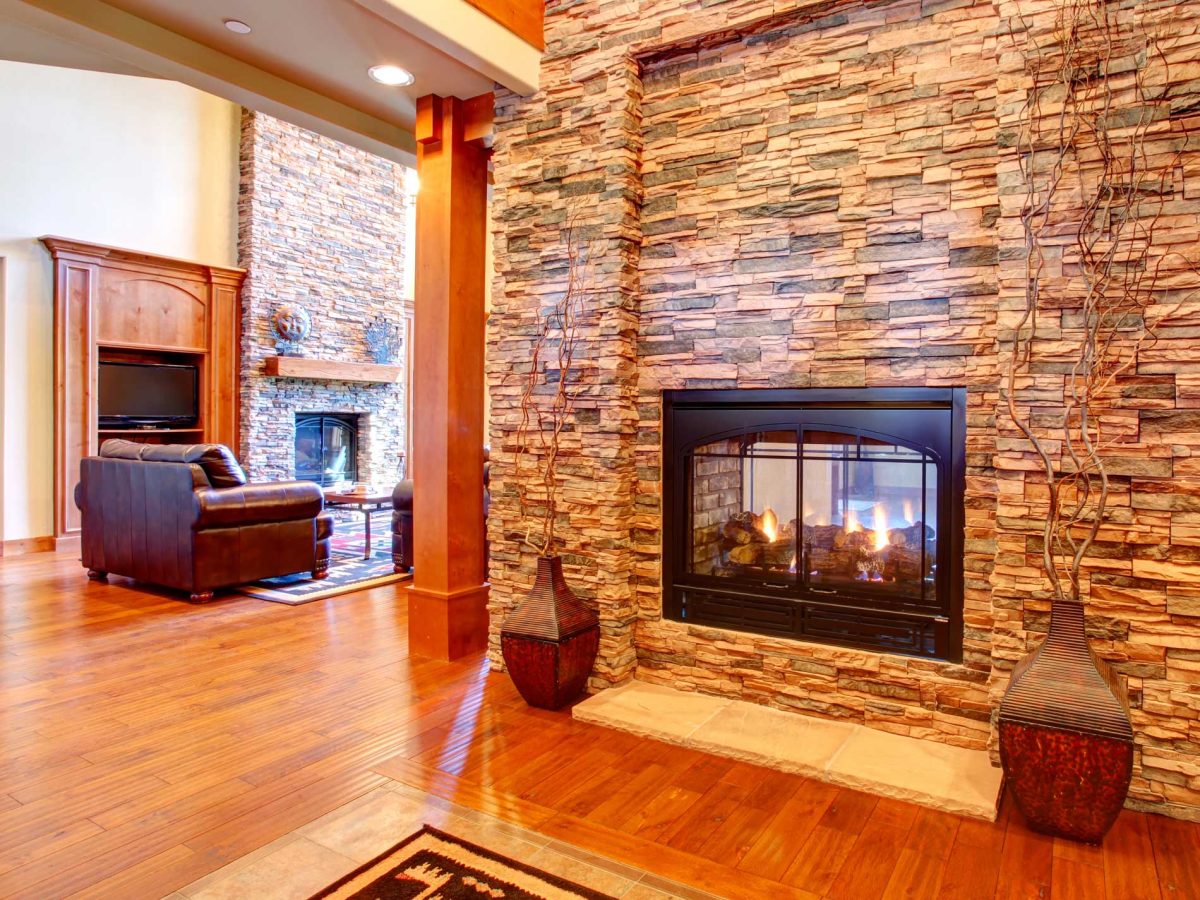
Gas Fireplace Logs30 Oct 2006
Gas fireplace logs are specially designed to appear like real logs without actually burning. Generally, gas fireplace logs should last as long as your fireplace is in service. Be careful when attempting to remove the logs as they can break if secured tightly to the grill. Many times the logs can be lifted off without any problems; however, sometimes they are screwed into the base and/or other logs. Take pictures before removing the logs and set the logs down in an organized manner so that you can put them back the way they were found.
Believe it or not...quality gas logs are expensive to replace meaning they can cost up to $200. The goal of a good gas fire log is to provide the {+}

Explosion Risk22 Feb 2005
The risk of explosion from natural gas is a severe concern for many communities, and understanding the density of natural gas required for an explosion is essential for safety. Natural gas is typically composed of primarily methane, with smaller amounts of other hydrocarbons such as ethane, propane, butane, and isobutene. An explosion may occur when these hydrocarbons combine to form an atmosphere with a certain air-gas ratio.
To better understand the density of natural gas needed for a risk of explosion, it is essential to know how different components of the gas mixture can affect this risk. The mos {+}

How a Gas Fireplace Works29 Oct 2003
Disclaimer: Diagnosis and repair should only be undertaken by qualified personnel.
A gas fireplace is a system that controls the flow of gas to a main burner where it is ignited to create your fire under the fake logs. A gas fireplace burns either natural gas or propane. Unless you see a propane tank in your yard, your fireplace probably burns natural gas.
The gas to your fireplace is regulated by a gas control valve that has a series of sensors and magnetic valves that open and close when certain heat conditions exist or don't exist. Some fireplaces have many safety backup systems and others don't. The latter are typically older gas fireplaces buil {+}
